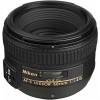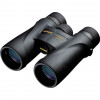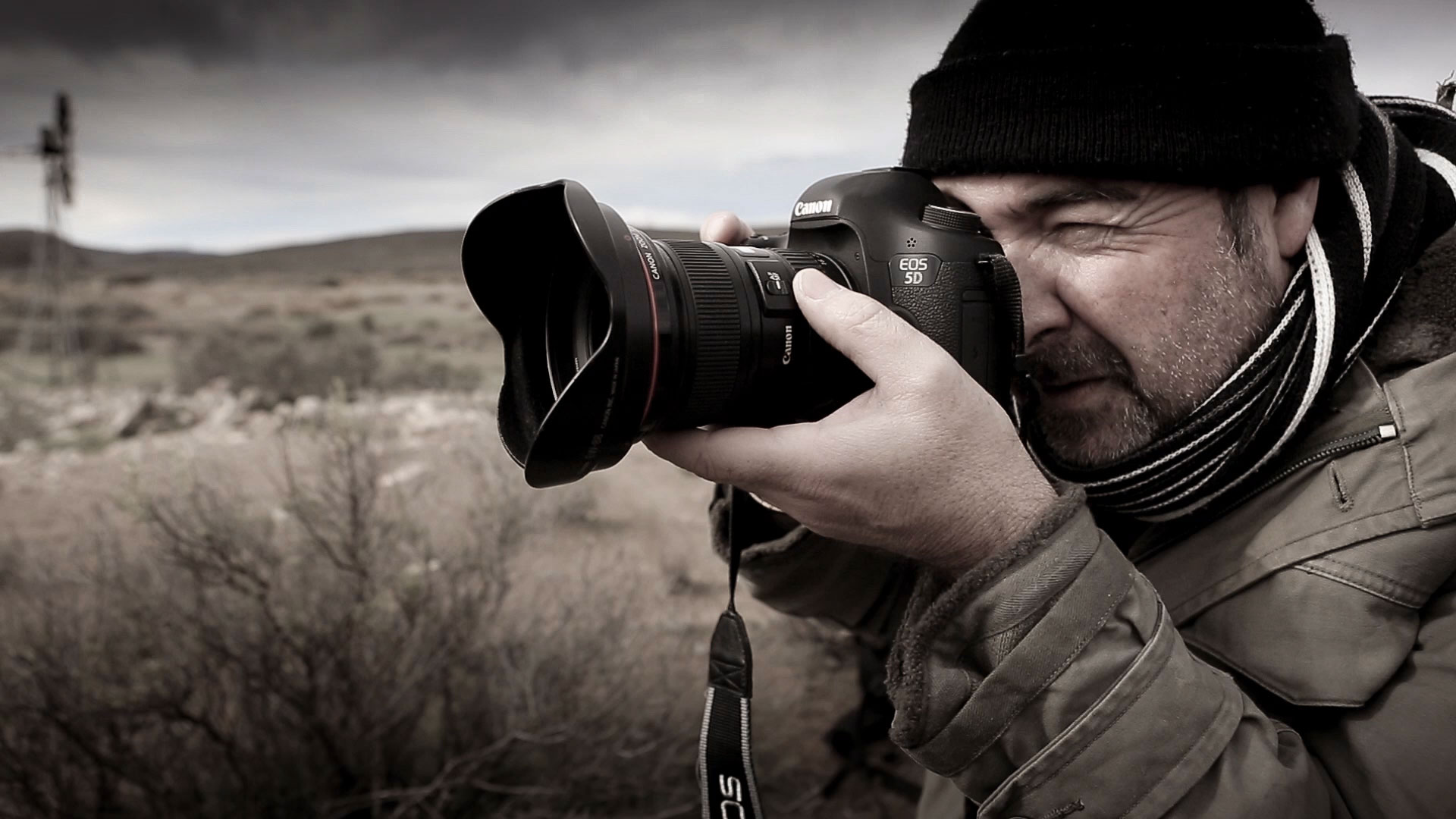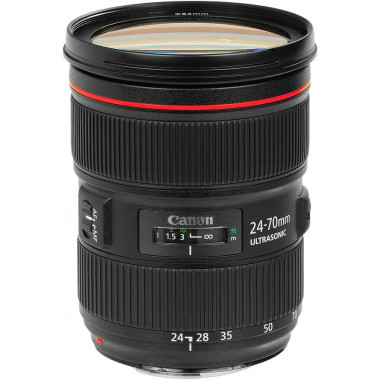Featured Pro Photographer: Martin Osner
Back to Blog |A specialist in a contemporary form of fine art photography, Martin Osner’s collections will inspire quiet contemplation with its moody landscapes, abstract renditions and social documentary. Driven by his natural curiousness and urge to explore and experiment with the unfamiliar, Martin has mastered the patient pursuit of often-overlooked beauty.
Born in Johannesburg in 1963, he opened his first photographic studio in 1985 at just 22 years old and went on to co-found the National College of Photography in 1993. Voted the best contemporary international artist 2008 / 2009 by Arteque art volume 3 (Masters of Today) and the official SA Canon Explorer (Ambassador), his work and, particularly, his limited edition prints have grown to be popular among local and international art collectors and investors alike. Our current exhibition showcases pieces from three of his collections, i.e. ‘Abandoned’, ‘Faceless Society’ and ‘Downtown’.
The Interview
1. How would you classify your photographic style and who inspires you?
Over my many years of photography, my style has changed quite a bit. Today, I shoot more to capture mood and feeling, and will alter the processing to suit the subject or project or body of work. I have been inspired by two photographers and two artists. Firstly, the great Ansel Adams, for his incredible landscape photography - still today, I work according to his zone system. Henri Cartier-Bresson, for his unpredictable style in documentary photography. And the two artists; Henri Matisse, for his bold colour, and Jackson Pollock, for his abstract genius.
2. What is it that draws you to pick up your camera and take a photo?
In my opinion, the camera is one of the most creative tools in art today. Although it offers a strong connection to reality on the one side, it also allows one to alter this reality with ease, by using contrast, exposure, depth of field, colour temperature, focus, lens distortion and compression. What I am trying to say is that while the camera can be used to record technically perfect images, but, more importantly, it does allow one the option of distorting subjects and scenes easily. This is reason I pick up a camera. Very often successful photography has more to do with what one chooses not to include, rather than what is actually shown. It is that mystery that sparks interest. So besides composition, the inaccuracies of the camera and lens and process can be used to capture the image very differently to what is seen through the human eye.
3. What type of gear do you use and do you have any favourites?
I use a number of different cameras, both film and digital. I still shoot on film and still have 35mm, medium and large format equipment. For digital I mainly use a Canon 5D MIII. For me the make and model or format of the camera is not important, as long as it is working properly. As I have already mentioned, the camera is only a tool to express an outcome. It is the underling artistic intention, skill and lighting that is far more important.
4. What would be your ultimate shot and how would you shoot it?
That is a difficult question to answer now. Could I get back to you on this one in twenty years?
5. What is the most challenging part of photographing your preferred subject?
In my line of fine art photography, I don’t really have preferred subjects. My photography is part of my day-to-day life. I firmly believe that just about any subject can be made to come alive by shooting it in the right light. So the challenge for me in outdoor photography, is exercising patience in waiting for the right light to shoot a particular scene. The longest I have waited is five years, after visiting the location over thirty times prior to getting the shot. I also have a basic principle that I will not shoot a subject unless I feel the light is correct and then once photographed, I will not attempt to shoot the subject again.
6. What’s next on the horizon that you’re most excited about?
I would like to visit the skeleton coast in Namibia later this year and I am looking forward to printing a coffee table book on the ‘Abandoned’ collection soon. I believe that my pathway has been destined by a loving and caring God. Sometimes the plans I have do not materialise or ultimately they are not as great as I thought. So more than anything, I am looking forward to surprises and projects that I know nothing about, which God will reveal along the way.
7. If you could go back in time and offer yourself one piece of advice when you picked up the camera for the first time, what would it be?
Learn the basics of photography, principles of lighting and composition & design properly. Then revise and practice them again and again and again until they become subconsciously engrained. Then start photography.
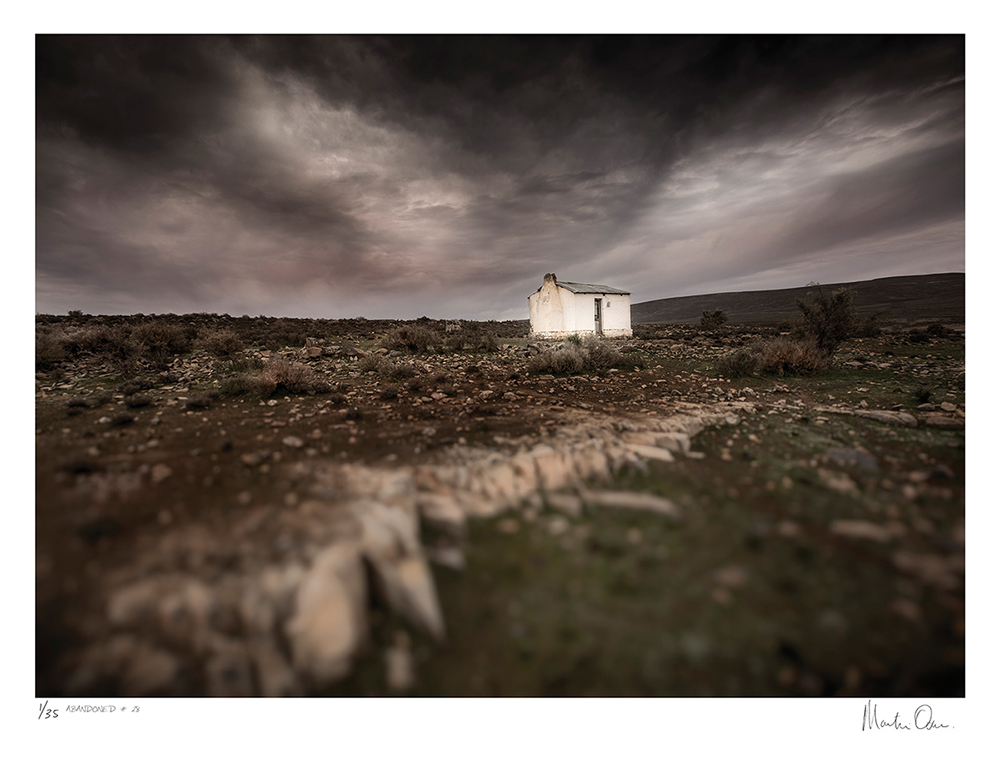
"I have never doubted my love for photography or my burning passion for art. It is something I could never stop. It’s what I do, it‘s what I love, it’s who I am."

